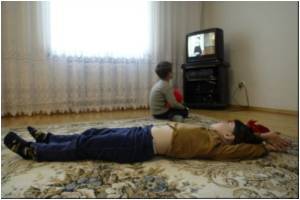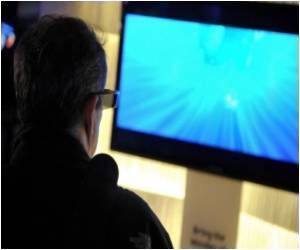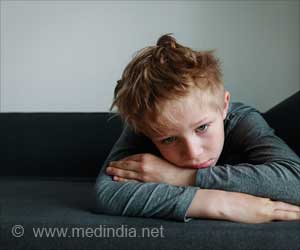A psychologist has warned that computer screens can be damaging for the brains of young children.

"Children are adults [legally] at 18 but their brains are not adult till they're 24 and a half," The New Zealand Herald quoted Sigman as saying.
"Because of that, things that we know may have a negative impact should be limited till the brain has set in stone," he added.
According to Sigman's study, children aged 10 to 15 who were given computers, showed reductions in maths and reading abilities.
He added that face-to-face communication for kids is a lot more vital in brain development than technology is.
"How do children learn how to speak, how to enter a conversation, how to pronounce words?" he asked.
"If you put a fridge in a child's bedroom they will eat more. If you put a screen in their bedroom they are going to watch more," said Sigman.
Source-ANI
 MEDINDIA
MEDINDIA



 Email
Email




